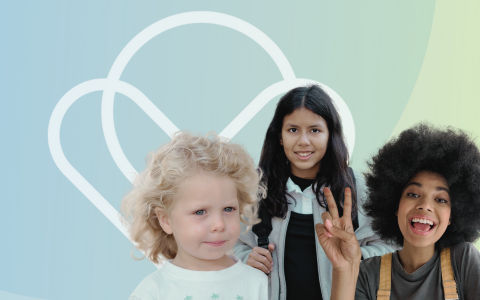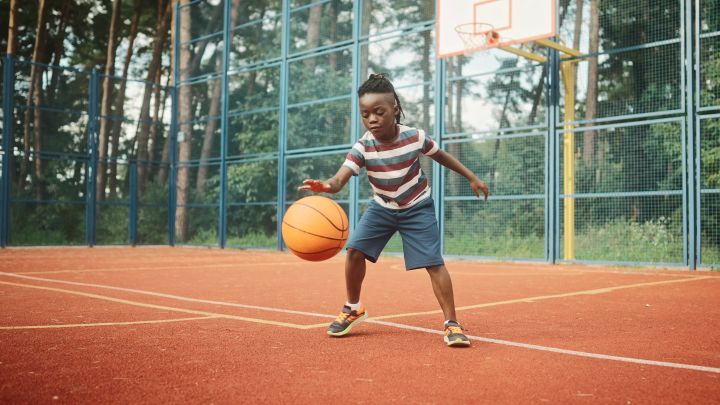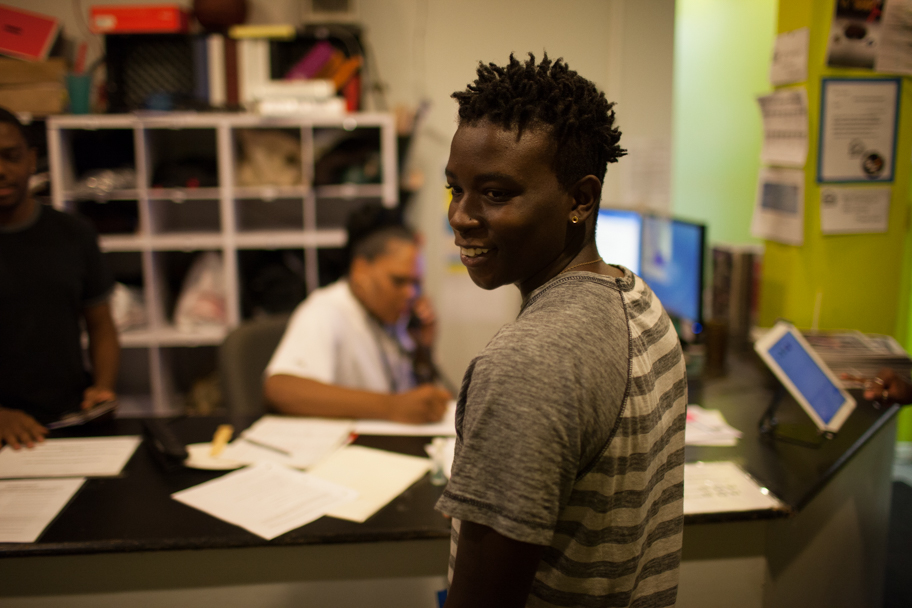
By Kari Radjewski, Director of Marketing & Communications
Tragedy strikes. Trauma is encountered. A pandemic hits. There is social unrest and heartbreaking acts of gun violence. It’s not always easy to be a kid, because it’s not always easy to be a human.
For young people, over the past several years exponential stress, frustration, and harmful events beyond their control have led to a mental health crisis. In fact, we know:
- 44% of high school students reported they persistently felt sad or hopeless during the past year (CDC, 2021)
- Nearly 1 in 10 kids was diagnosed with anxiety problems in 2020 and about 5 million kids experienced behavior and conduct problems — a 21% increase from the previous year. (AMA, 2021)
- In Michigan, 16.55% of youth ages 12-17 have suffered from at least one major depressive episode; 59.7% of these youth did not receive mental health treatment (Mental Health America, 2023)
- Almost 9% of Michigan students were diagnosed with emotional disturbance – a mental illness that affects their ability to succeed in school. (Mental Health America, 2023)
Exacerbating the crisis, only about 4% of clinical psychologists specialize in child and adolescent mental health; Michigan is ranked fifth worst in the nation with 4 million people living in communities with a shortage of mental health professionals. For those that do have mental health services nearby, they may still face financial barriers as 31 million Americans do not have health insurance.
In other words, our current mental health system desperately needs structural fixes. Kids struggling with their mental health often have no place to go or face financial barriers to seeking help. Resolving these issues will take precious time that our kids cannot afford.
Ultimately this raises a question for philanthropists and society at large – how can we help ensure kids have timely, equitable access to quality mental health care?
One way to do this: We can meet kids where they are.
From telehealth to homeless shelters; from school-based interventions to peer-to-peer programming; from hospital rooms to child advocacy centers; through integrated approaches we can reduce the stigma of mental health and eliminate financial and accessibility barriers. Staying flexible is the key to effectiveness.
Youth mental health has long been a focus area for The Children’s Foundation. By working with community partners and experts in the field to identify innovative, effective, and efficient solutions, we are determined to empower kids with the proper tools to cope, navigate, and overcome mental health challenges. Over the last several years, we have focused on efforts in areas of:
Prevention & Diagnosis
We’ve helped small children like three-year-old Christopher and his mom Tanya who engaged in a Parents as Teachers program after Christopher demonstrated behavioral challenges and developmental delays. The free, in-home service for parents of children from birth to age 6 helps parents encourage their children’s language, social and emotional development, and provides developmental screenings and resources. Tanya had initial concerns that Christopher was showing signs of Autism, but through the program discovered her son was struggling with self-esteem and anxiety. As a result, Tanya learned tools to react to and approach her son to build his confidence and comfort him in triggering situations.
Integrative Solutions
We’ve helped kids like ten-year-old Rosalie cope with intense fear and anxiety resulting from a diagnosis of Von Hippel-Lindau Syndrome – a life-threatening genetic condition. Upon a mental health screening at Children’s Hospital of Michigan’s General Pediatric & Adolescent Medicine Clinic, her doctors referred Rosalie to speak with one of their psychologists. At this clinic, health professionals and advanced psychology graduate students from Wayne State University work collaboratively to provide comprehensive, fully integrated care to meet the unique needs of its patients. As a result of therapy, Rosalie found that if her mind is better, her body feels better. And when she does experience pain, she can better cope with her emotions.
Innovative Programming
We’ve helped teenagers like 17-year-old Samantha overcome grief, loss, and thoughts of suicide brought on by her father’s recent overdose. After a teacher noticed a change in her mood and motivation, Samantha was encouraged to participate in an art-therapy afterschool program which enabled peer support, therapy services, and coping skills. Throughout the school year she learned mindfulness exercises to help process overwhelming emotions and made new friends thanks to the supportive community she found in other participants. Days ago, Samantha graduated from high school and is looking forward to starting college in the fall – she knows her dad is proud!
Children present a profile of strengths and struggles that is as unique as they are, themselves. Conditions may manifest differently. Each child has their own experience, their own challenges, their own coping mechanisms, and their own treatment.
There is still so much work to be done, but philanthropy has an essential role in improving the youth mental health crisis. Since 2020, The Children’s Foundation has invested more than $4 million into the community to enable interventions that empower our children through their mental health challenges. At The Foundation, we have the flexibility to support the implementation of near- and medium-term strategies and plans to strengthen our systems, reduce stigma, and ensure all kids receive necessary support.
When you invest in The Children’s Foundation, you can help leverage the solutions necessary to provide help and hope to today’s youth. We invite you to join us in our efforts to resolve the mental health crisis and help us meet kids where they are.
To learn more about how you can get involved, click here.





